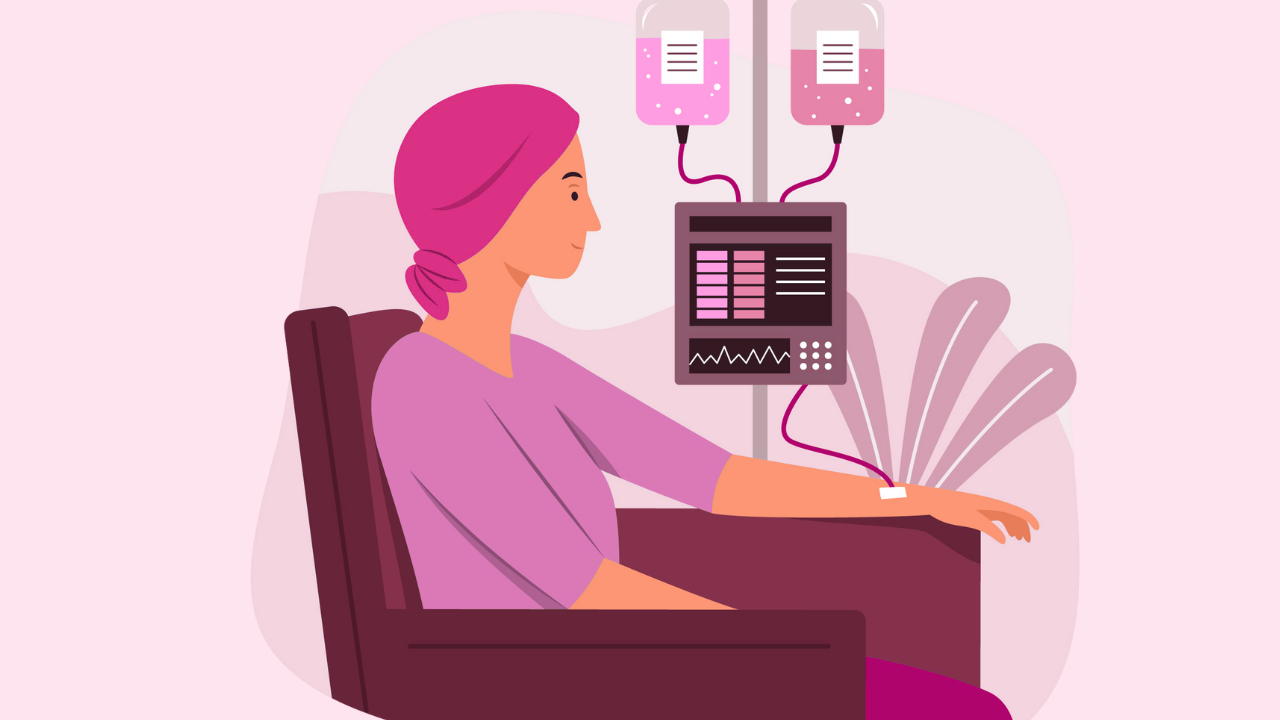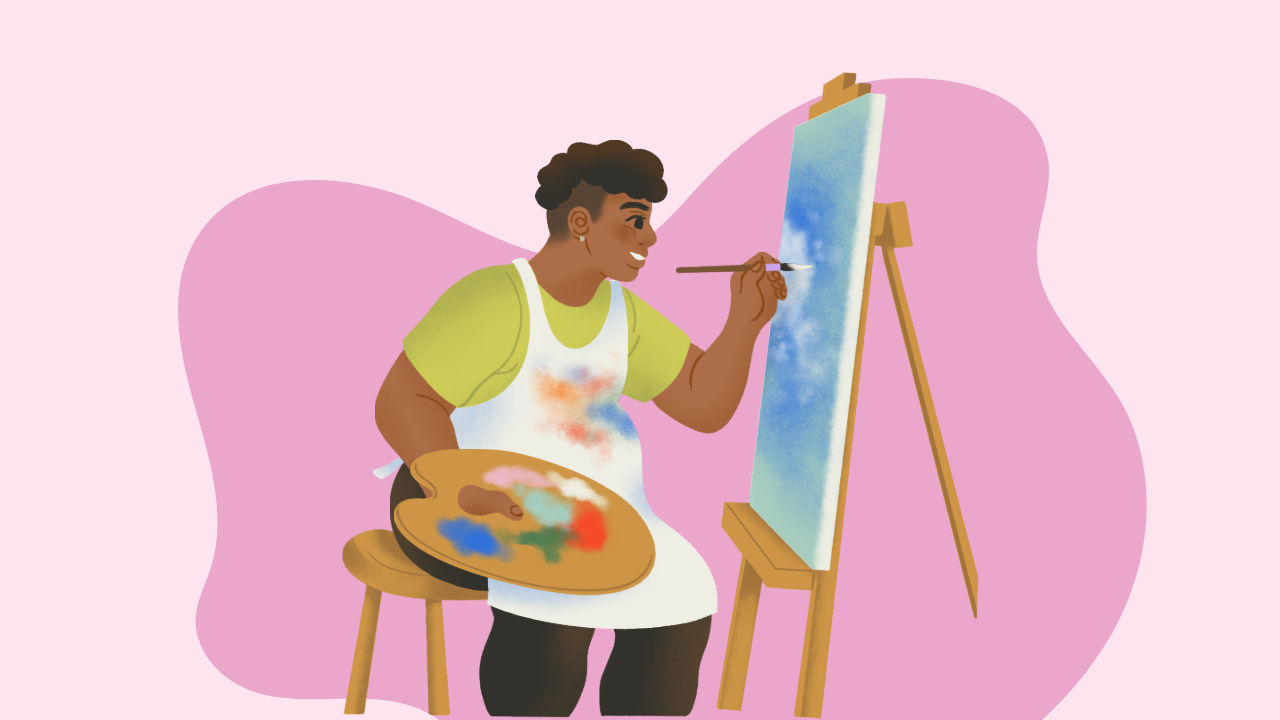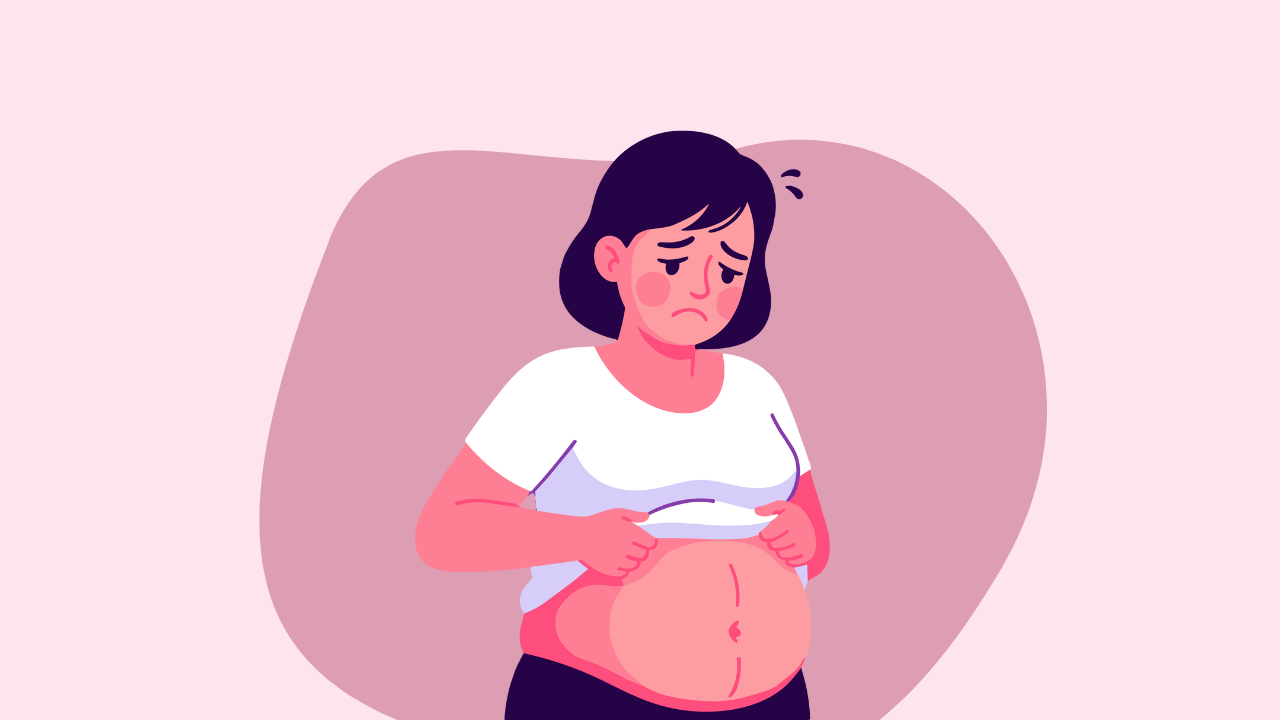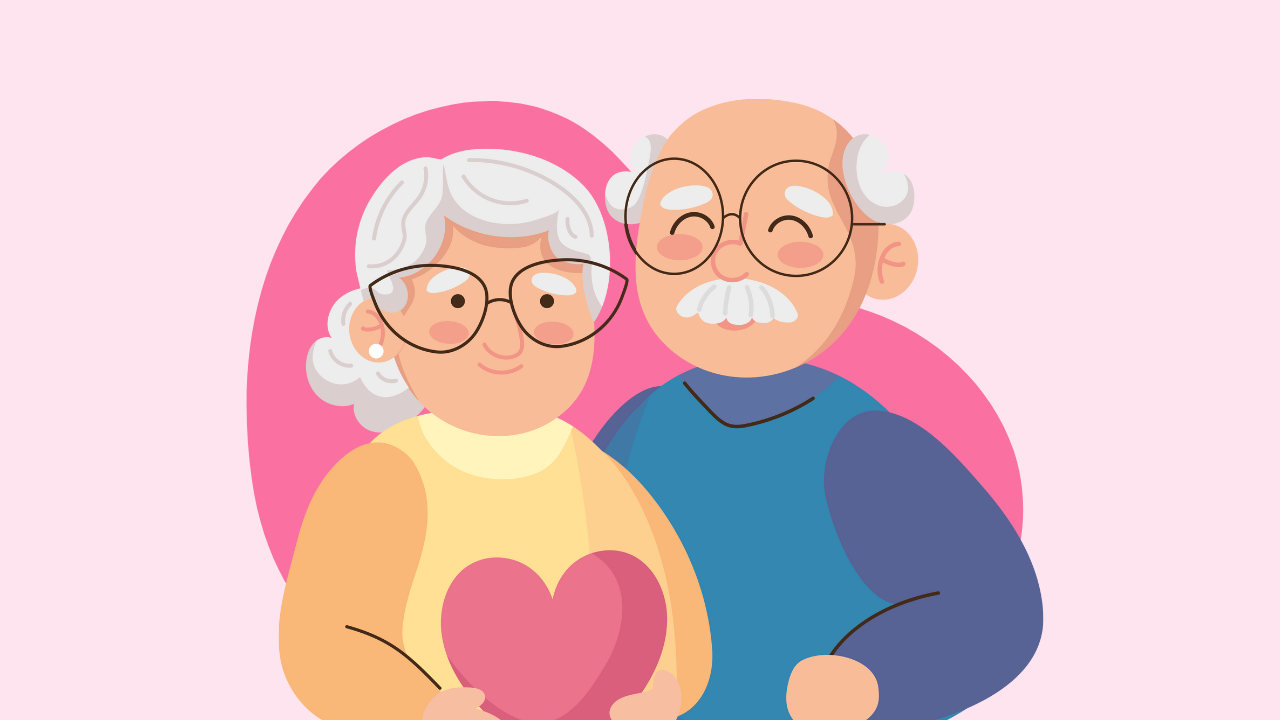How Isolation Fuels Cancer Beyond the Body

Breast cancer is not confined to biology alone. It threads itself through the pauses between appointments, the quiet moments after test results, and the distance that can grow when conversations become too hard to have. And now, research from the University of Illinois Urbana-Champaign reveals just how deeply that silence can shape outcomes.
According to a study published in Cancer, women with hormone receptor-positive breast cancer who experience social isolation face a significantly higher risk of recurrence and worse clinical outcomes. The researchers found that diminished social connection was linked to heightened inflammation and suppressed levels of proteins that normally help prevent tumor growth — an internal shift that weakens the body’s natural defense.
Lead author Professor Gaurav Yadav explained that patients with limited social ties were more likely to experience accelerated tumor growth and increased potential for metastasis. “Our findings indicate that psychosocial factors can influence the biology of cancer,” he said. Without support systems in place, the body's response to disease falters, and the environment within becomes more conducive to progression.
These insights were drawn from both preclinical models and human cell line analysis, offering a compelling lens into how isolation does not simply affect mood or mindset. It transforms the immune landscape, driving chronic inflammation and weakening regulatory signals, which together create conditions that cancer can exploit.
Yet the most important takeaway is personal. For anyone navigating the complexity of breast cancer, this study affirms what many survivors already know — that healing extends beyond medicine. Connection, community and consistent emotional presence are not luxuries in care. They are protective, foundational elements of survivorship.







